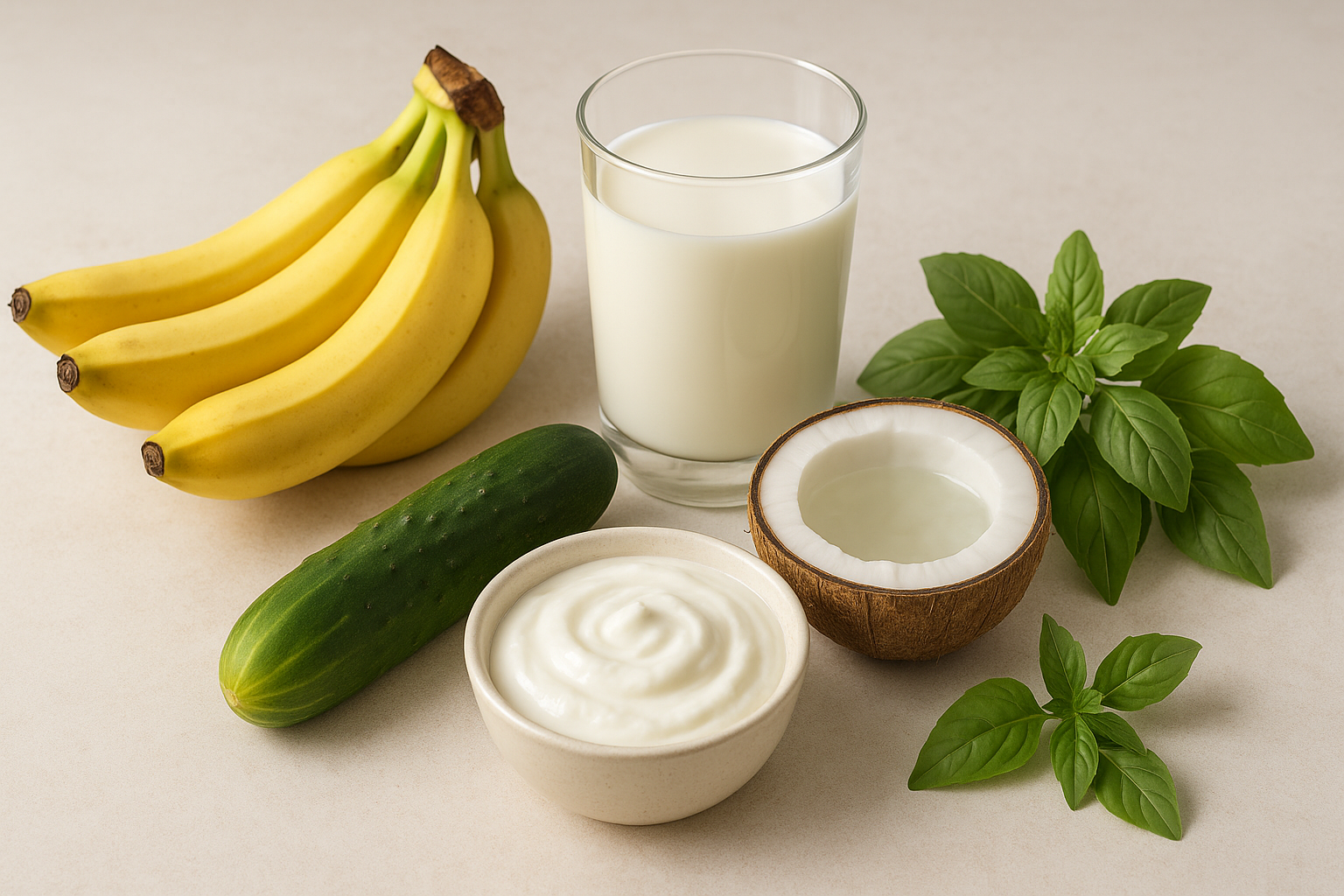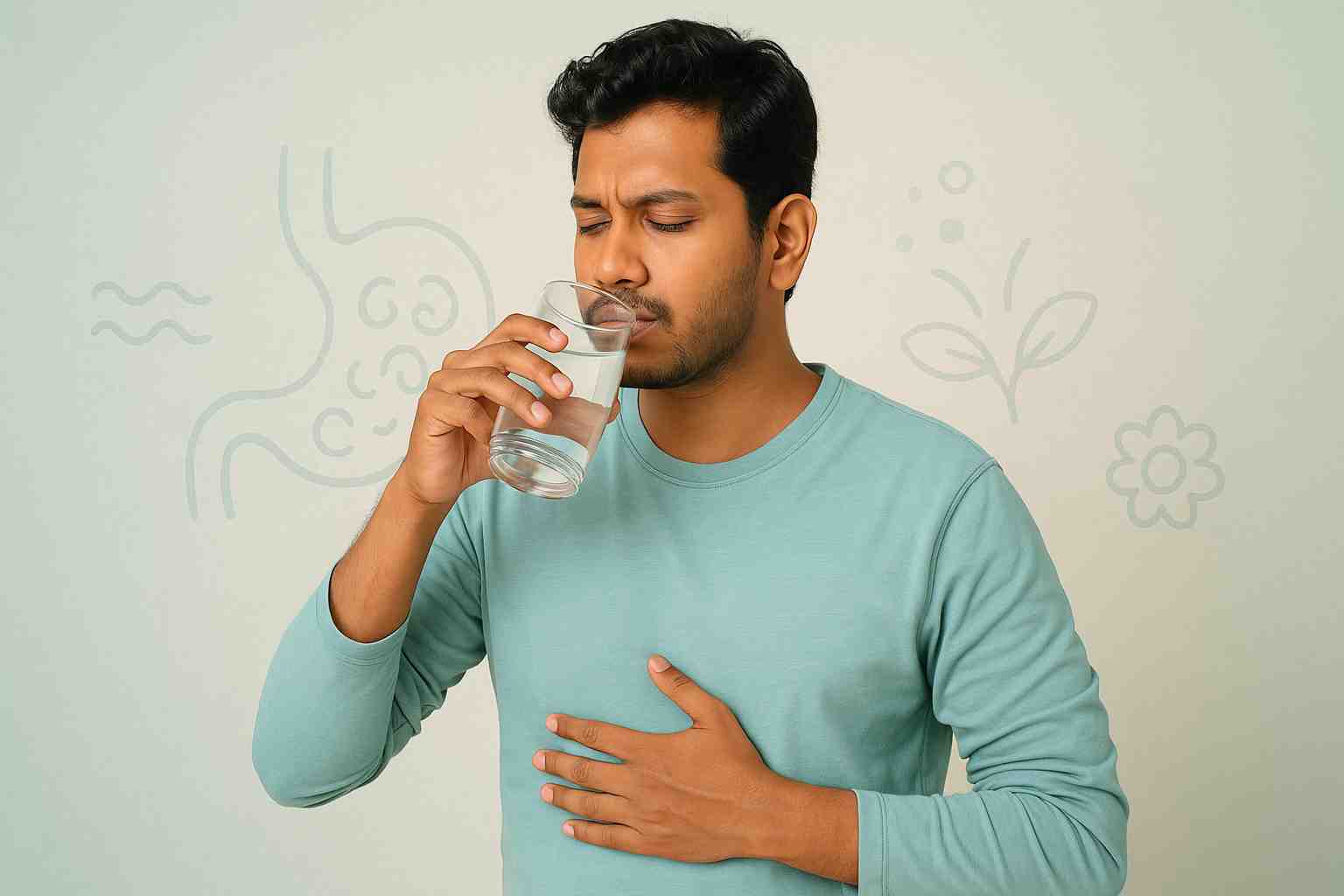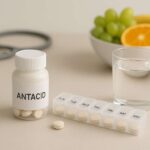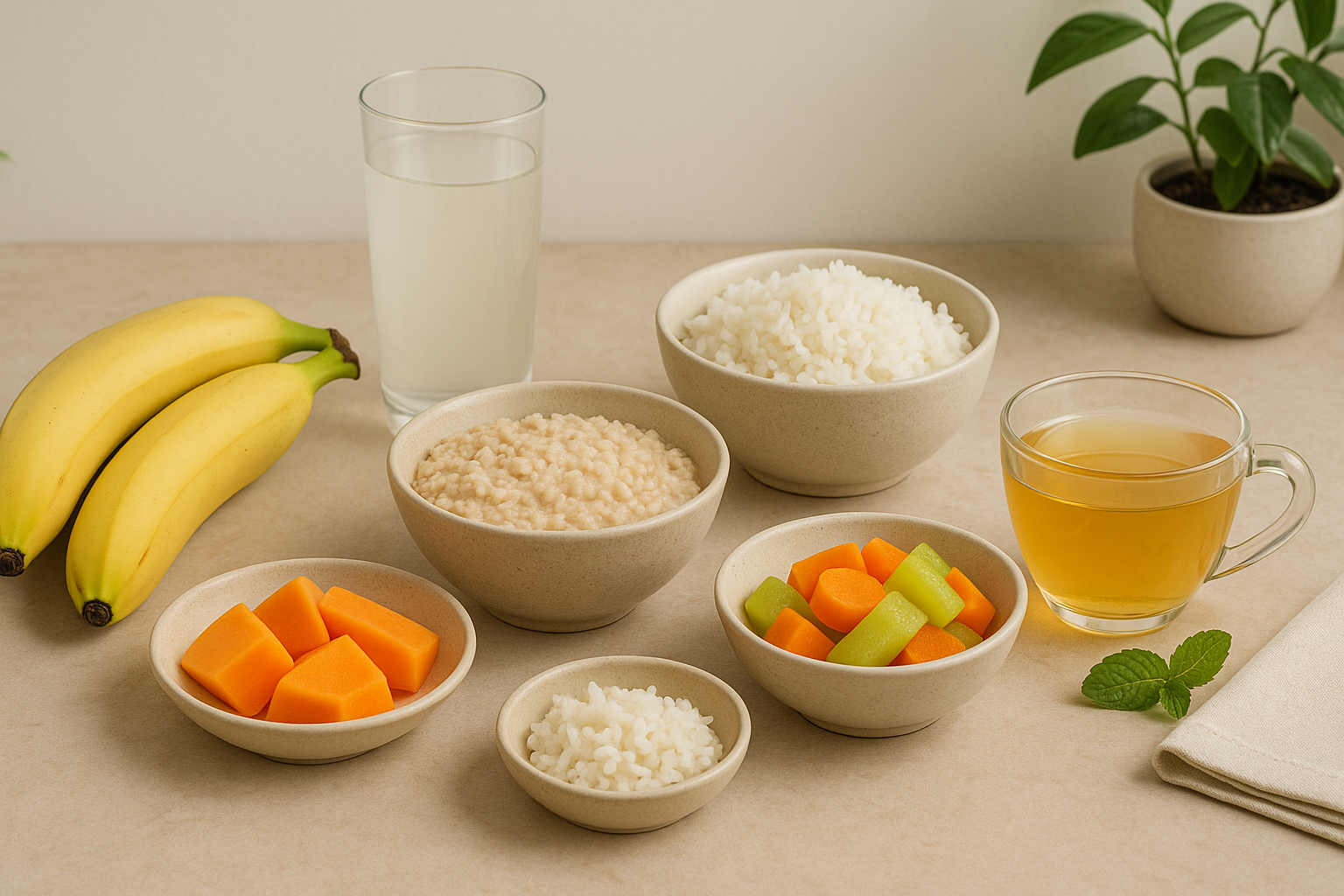Do you sometimes experience discomfort or bloating after drinking water? You might be surprised to learn that some people experience indigestion after drinking water. While water is essential for good health and digestion, under certain conditions, it can sometimes cause or worsen indigestion symptoms. But how does this happen? Is water really the culprit? And what can you do if you face this problem?
In this blog, we’ll explore the relationship between water and digestion, possible reasons why water might cause indigestion in some cases, and practical tips to stay comfortable. We’ll also introduce you to trusted remedies like Gaviscon Oral Suspension Antacid that can help soothe indigestion symptoms quickly and effectively.
What Is Indigestion?
Indigestion, or dyspepsia, describes a feeling of discomfort or pain in the upper stomach area. Here are the Top Five Signs of Indigestion:
- Bloating
- Nausea
- Burning or pain in the stomach area
- Feeling overly full after eating or drinking
- Burping or acid reflux
Indigestion occurs when the digestive process slows down or is disrupted. Many factors influence this, including diet, stress, and even the temperature or quantity of what you consume, including water.
Can Drinking Water Really Cause Indigestion?
Generally, water is gentle on the stomach and supports digestion by helping break down food and move nutrients through the digestive system. However, under certain circumstances, drinking water might lead to indigestion after drinking water or worsen existing digestive discomfort.
Here’s how:
Why Water Might Trigger Indigestion?
Drinking Too Much Water at Once
Taking large gulps of water quickly can dilute stomach acid temporarily. Since stomach acid is vital for digesting food, this dilution might slow digestion and cause discomfort or bloating.
Cold Water and Digestion
Drinking cold water may make the stomach muscles tighten, which can slow down digestion. Some people are sensitive to this and might feel cramps, indigestion, or a “heavy” sensation after drinking cold water.
Water on an Empty Stomach
Drinking a large amount of water on an empty stomach, especially cold water, might irritate the stomach lining in some individuals, causing indigestion-like symptoms.
Underlying Digestive Conditions
Conditions like acid reflux (GERD), gastritis, or irritable bowel syndrome (IBS) may make the stomach more sensitive. Drinking water might trigger or worsen indigestion in these cases.
How to Avoid Indigestion After Drinking Water?
If you often feel discomfort after drinking water, here are some tips to help:
Drink Water Slowly and in Small Amounts
Rather than drinking large amounts at once, try sipping water slowly. This prevents overwhelming your stomach and keeps digestion smooth.
Choose Room Temperature Water
If cold water bothers you, try drinking water at room temperature or slightly warm. This can be gentler on your digestive system.
Avoid Drinking Excessive Water Right Before or During Meals
Drinking too much water during meals can dilute digestive juices and slow digestion. Drinking water roughly 30 minutes before or after meals is preferable.
Stay Hydrated Throughout the Day
Maintain consistent hydration by sipping water regularly throughout the day rather than drinking large amounts at once. This helps maintain proper digestion and hydration.
Watch for Food and Drink Triggers
If indigestion is common for you, pay attention to what you eat or drink, along with water. Carbonated beverages, caffeine, or spicy foods can increase symptoms.
When Does Indigestion After Drinking Water Need Medical Attention?
Occasional indigestion is common and usually harmless. However, see a healthcare provider if you experience:
- Frequent or severe indigestion
- Difficulty swallowing
- Persistent nausea or vomiting
- Weight loss without trying
- Blood in vomit or stool
- Severe abdominal pain
These may be signs of underlying conditions requiring diagnosis and treatment. You can try the best Antacid for quick relief.
How Gaviscon Oral Suspension Can Help?
If you experience indigestion after drinking water, especially with symptoms like acid reflux, heartburn, or stomach discomfort, a reliable and fast-acting remedy is important.
Gaviscon Oral Suspension Antacid is specially formulated to provide quick relief from indigestion and acid reflux symptoms. Unlike regular antacids that simply neutralize stomach acid, Gaviscon forms a protective barrier or “raft” on top of stomach contents. This barrier prevents acid from rising into the esophagus, reducing burning sensations and discomfort.
Benefits of Gaviscon Oral Suspension
- Fast and effective relief from indigestion and heartburn
- Long-lasting protection with a unique “raft” action
- Suitable for adults and children over 12 years (follow label instructions)
- Easy-to-swallow liquid form absorbs quickly
- Can be taken as symptoms occur or as directed by a healthcare professional
How to Use Gaviscon Properly?
- Shake well before use.
- Use the measuring cap for the correct dose.
- For optimal effectiveness, use it following meals and before going to bed.
- Avoid lying down immediately after taking the medication.
- Consult a doctor if symptoms persist for more than two weeks.
Lifestyle Tips to Support Digestion and Prevent Indigestion
Along with using Gaviscon when needed, lifestyle habits can improve your digestion and reduce indigestion risk:
- Eat smaller, more frequent meals. Large meals can overwhelm digestion.
- Chewing your food well aids digestion and helps your stomach function more effectively.
- Avoid lying down right after eating or drinking. Stay upright for 2-3 hours.
- Manage stress through relaxation, meditation, or gentle exercise.
- Reduce intake of caffeine, alcoholic beverages, and spicy dishes that may upset your stomach.
Natural Ways to Support Your Digestive Health
Some natural remedies and habits may also help ease indigestion symptoms:
- Ginger: Can soothe the stomach and reduce nausea.
- Peppermint tea: Helps relax stomach muscles and relieve bloating.
- Warm water with lemon: Moderate consumption can aid the digestive process.
- Probiotics: Improve gut health and balance digestive flora.
Always check with your healthcare provider before starting any new supplement or remedy.
Key Takeaways
- Indigestion after drinking water is possible, but usually related to how and when you drink water rather than water itself.
- For those with sensitive stomachs, gulping water quickly, drinking cold water, or consuming large amounts on an empty stomach may cause indigestion.
- Small, slow sips of room temperature water and avoiding excess water during meals help prevent discomfort.
- If indigestion persists, consult a healthcare professional.
- Gaviscon Oral Suspension Antacid provides fast, effective relief by protecting your stomach and esophagus from acid irritation.
Conclusion
Water is essential for life and digestion, but how you drink it matters. Experiencing indigestion after drinking water is uncommon but can happen due to certain habits or underlying sensitivities. By drinking slowly, choosing the right water temperature, and spacing your intake around meals, you can minimize discomfort.
If indigestion strikes despite these precautions, trusted products like Gaviscon can offer quick and effective relief. Thus, helping you get back to feeling comfortable and enjoying your day.
Disclaimer: This content is just for general information and advice. It’s not meant to replace a doctor’s opinion. Always talk to a medical expert or your own doctor for proper guidance. AcidRefluxindia is not responsible for how you use this information.









